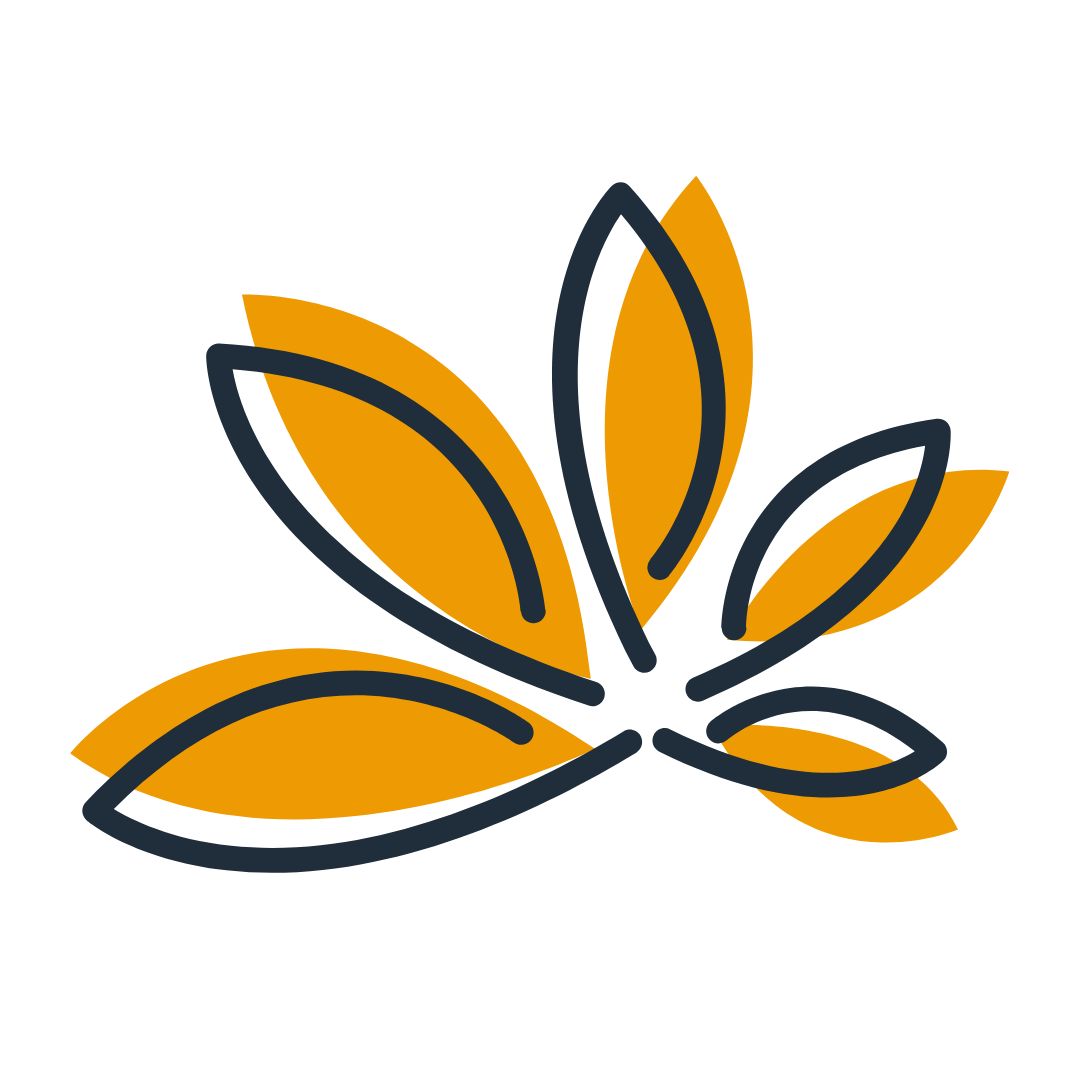A Woman’s Wellness Journey: From Puberty to Post-Menopause

How Exercise, Physiotherapy, and Nutrition Empower Every Stage of Life
A woman’s body is powerful, dynamic, and constantly evolving. From the first signs of puberty to the transformative years of menopause and beyond, women go through numerous physical, hormonal, and emotional changes. At each of these stages, the right balance of exercise, physiotherapy, and nutrition can make a world of difference.
Let’s explore how these three pillars support complete well-being across all phases of a woman’s life.
1. Puberty & Adolescence (Ages ~10–18)
This stage marks the beginning of reproductive life — with significant hormonal, emotional, and physical changes.
Common Challenges:
- Irregular periods, mood swings, body image issues
- Risk of early onset PCOS
- Sedentary lifestyle and poor food habits
- Onset of postural changes (due to growth spurts, school bags, screen time)
Why Exercise Matters:
- Regulates hormones and menstrual cycles
- Boosts confidence and body awareness
- Improves posture, flexibility, and strength
- Enhances mood and reduces anxiety
Physiotherapy’s Role:
- Educates on posture, ergonomics, and physical activity
- Manages early musculoskeletal complaints (back pain, flat feet, scoliosis)
- Supports girls active in sports with injury prevention and rehab
Nutrition Essentials:
- Adequate iron, calcium, protein, and healthy fats for growth
- Encouraging whole foods and water intake to establish healthy lifelong habits
- Managing early signs of PCOS or obesity through balanced diets
This is the time to set a strong foundation — physically and emotionally.
2. Reproductive Years (Ages ~18–35)
This stage is often marked by higher stress, career-building, relationships, and potential motherhood.
Challenges:
- Menstrual disorders, PCOS, fertility concerns
- Sedentary lifestyle due to work/study
- Mental stress, anxiety, weight gain
- Pre-pregnancy or early pregnancy fitness
Importance of Exercise:
- Reduces symptoms of PCOS, improves fertility
- Maintains metabolic health and supports weight management
- Boosts cardiovascular fitness, energy, and endurance
Role of Physiotherapy:
- Manages pelvic pain, dysmenorrhea (painful periods), or lower back pain
- Offers pre-conception fitness guidance (especially for those trying to conceive)
- Corrects posture, reduces work-related muscle imbalances
- Helps athletic women with strength, mobility, and injury prevention
Nutrition Tips:
- Balanced meals with fiber, lean protein, complex carbs
- Focus on foods that support hormonal and mental well-being
- Supplements like folic acid (for women planning pregnancy), iron, and vitamin D
This stage is about balance — career, relationships, and health — all supported by conscious choices.
3. Pregnancy & Postpartum
This is a delicate and transformational time that requires expert guidance and care.
Physical & Emotional Changes:
- Hormonal shifts, weight gain, fatigue, nausea
- Back pain, pelvic pain, swollen joints
- Emotional sensitivity, sleep disturbances
- Postpartum depression and core/pelvic floor weakness
Exercise Benefits:
- Improves stamina for labor and delivery
- Controls gestational weight gain
- Reduces pregnancy-related aches, improves mood and sleep
- Helps in faster postpartum recovery (under guidance)
Physiotherapy is Crucial For:
- Antenatal and postnatal care (breathing, posture, pelvic floor)
- Managing diastasis recti, incontinence, and back pain
- C-section or normal delivery recovery support
- Ergonomic training for carrying, feeding, and baby care
Nutrition Focus:
- Iron, folate, calcium, protein-rich foods
- Hydration and fiber to manage digestion and energy levels
- Lactation-friendly diet after birth
- Avoiding processed foods, alcohol, and excess caffeine
This phase is about nurturing — yourself and the new life you bring.
4. Perimenopause & Menopause (Ages ~40–55)
A time of significant hormonal decline that affects multiple systems — physically and emotionally.
Common Issues:
- Hot flashes, sleep disturbances, mood swings
- Reduced bone density, joint stiffness
- Abdominal fat gain, slowed metabolism
- Urinary issues, vaginal dryness, decreased libido
Exercise Recommendations:
- Strength training to reduce osteoporosis and sarcopenia
- Yoga and walking for balance, joint health, and emotional calm
- Cardiovascular exercises for heart health
Physiotherapy Helps With:
- Managing pelvic floor dysfunctions (incontinence, prolapse)
- Relieving joint stiffness, frozen shoulder, and arthritis
- Improving balance and flexibility to prevent falls
- Sleep support through relaxation techniques and posture correction
Nutritional Needs:
- Calcium, Vitamin D, B12, Omega-3s, Magnesium
- More plant-based foods to balance hormones
- Protein to preserve lean muscle
- Avoiding sugar, processed foods, and excessive caffeine
This phase is about redefining strength — with grace, wisdom, and support.
5. Post-Menopausal Years (55+ and beyond)
Wellness in later life is not just about surviving — it’s about thriving with independence and vitality.
Possible Challenges:
- Bone loss, arthritis, balance issues
- Muscle weakness, reduced mobility
- Memory and mood changes
- Chronic health conditions like diabetes, BP, and cholesterol
How Exercise Supports Aging:
- Maintains independence by preserving strength and flexibility
- Reduces the risk of falls and fractures
- Improves brain function and memory
- Enhances mood and combats loneliness
Physiotherapy’s Role:
- Functional mobility training for daily activities
- Fall prevention programs
- Pain management (knees, hips, spine)
- Bladder and bowel health support
Nutritional Priorities:
- Bone-strengthening foods, anti-inflammatory diet
- Adequate hydration and small frequent meals
- Gut-friendly foods and supplements as per needs
- Limiting salt and sugar
This is a time to celebrate health and wisdom — and live life fully, with dignity.
Conclusion: Every Phase Deserves Attention
A woman’s body is her lifelong companion. From the first period to her golden years, the need for care, strength, and nourishment evolves — and so should her wellness routine.
- Exercise empowers her body.
- Physiotherapy supports her through transitions and challenges.
- Nutrition nourishes her from within.
Together, they form a holistic approach to health — one that acknowledges her unique needs, roles, and resilience at every age.
Because true wellness isn’t just about living longer — it’s about living better.